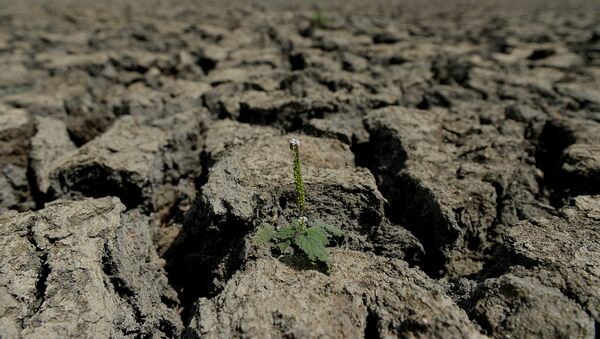"According to the joint Crop and Food Security Assessment Mission, drought conditions in 2016 and early 2017 led to widespread crop failures, in particular for rice paddy — the country’s staple food … The situation was exacerbated by subsequent heavy rainfalls in May … Now, nearly 225,000 households (or about 900,000 people) face food insecurity," the UN agencies said in a press release accompanying the report.
The WFP stressed that the situation in Sri Lanka might worsen further in the case that the following crop season failed, taking into consideration the shortage of seeds and irrigation water, as well as damaged infrastructure.
"FAO and WFP call for the urgent provision of seeds as well as planting and irrigation equipment for the next Maha planting season from September to December, as well as support for irrigation systems," the UN agencies added.
The floods in Sri Lanka started in May and resulted in the deaths of over 200 people, while more than 700,000 were negatively affected by the emergency.




